Fox News personality Tucker Carlson was criticized after he was photographed wearing an Indigenous headdress while standing next to Brazilian President Jair Bolsonaro.
Carlson interviewed Bolsonaro earlier this week in Brazil at Palácio da Alvorada as part of a segment on on "the rise of Chinese power and influence in the country" for Tucker Carlson Originals, his series on Fox Nation.
After the interview, Bolsonaro reportedly handed Carlson an Indigenous headdress and asked him to wear it for a photo op. According to Veja, a Brazilian news outlet, Carlson laughed but avoided posing.
Carlson later posted a photograph of the moment to Twitter, which you can see below.
The reaction to the photograph was largely negative and sparked a debate about cultural appropriation, the inappropriate or unacknowledged adoption of an element or elements of one culture or identity by members of another culture or identity.
Cultural appropriation can be controversial when members of a dominant culture appropriate from minority cultures, as has often been the case in regard to Indigenous people who've worked for cultural preservation, criticized both past and ongoing colonial rule, and advocated for collective intellectual property rights of the originating, minority cultures.
Many were offended by the sight of Carlson wearing a cocar, or war bonnet, because many Indigenous peoples consider the wearing of headdresses without the express permission of tribal leaders to be an affront to their culture and traditions.
The incident has further been characterized as yet another example of Bolsonaro's hostility toward Indigenous peoples.
During his presidency, Bolsonaro has rolled back protections for Indigenous groups in the Amazon rainforest and facilitated its destruction through deforestation, expressing a desire to expand nuclear and hydroelectric power into the Amazon
Bolsonaro has been heavily criticized by environmentalists and Indigenous groups alike for opposing lands reserved for Indigenous tribes, going so far as to strip Fundação Nacional do Índio (FUNAI), a Brazilian governmental protection agency that establishes and carries out policies relating to indigenous peoples, of the responsibility to identify and demarcate Indigenous lands.

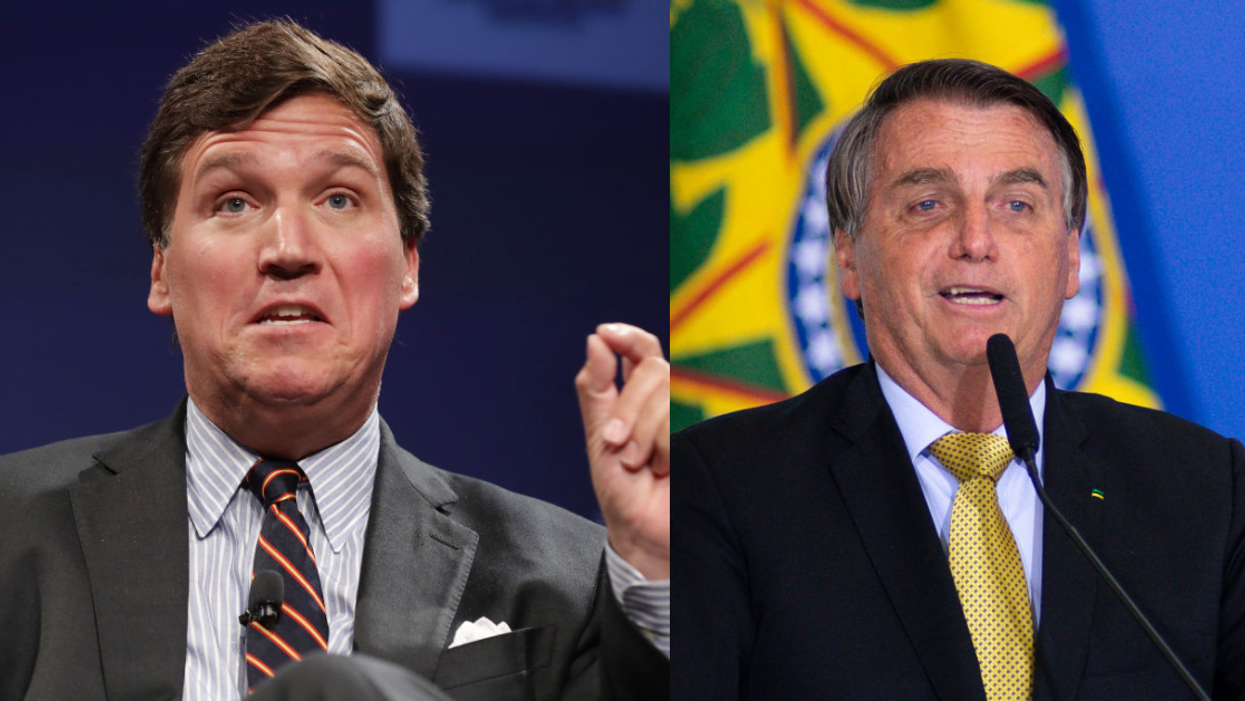

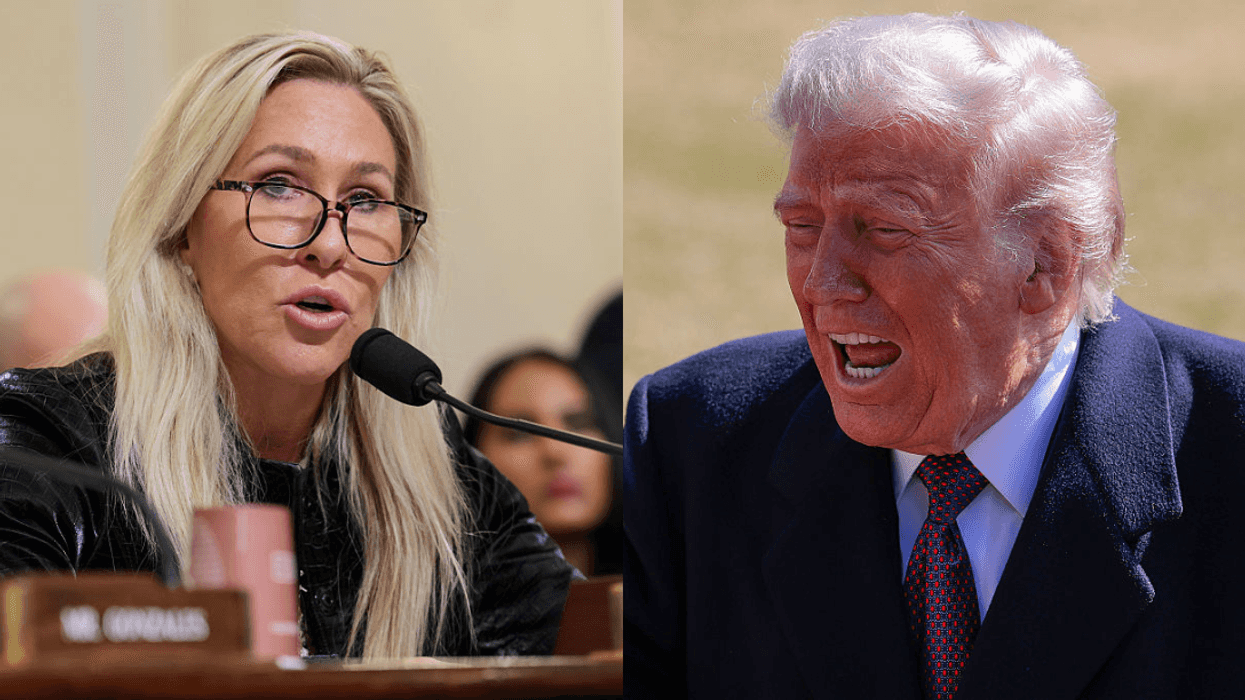

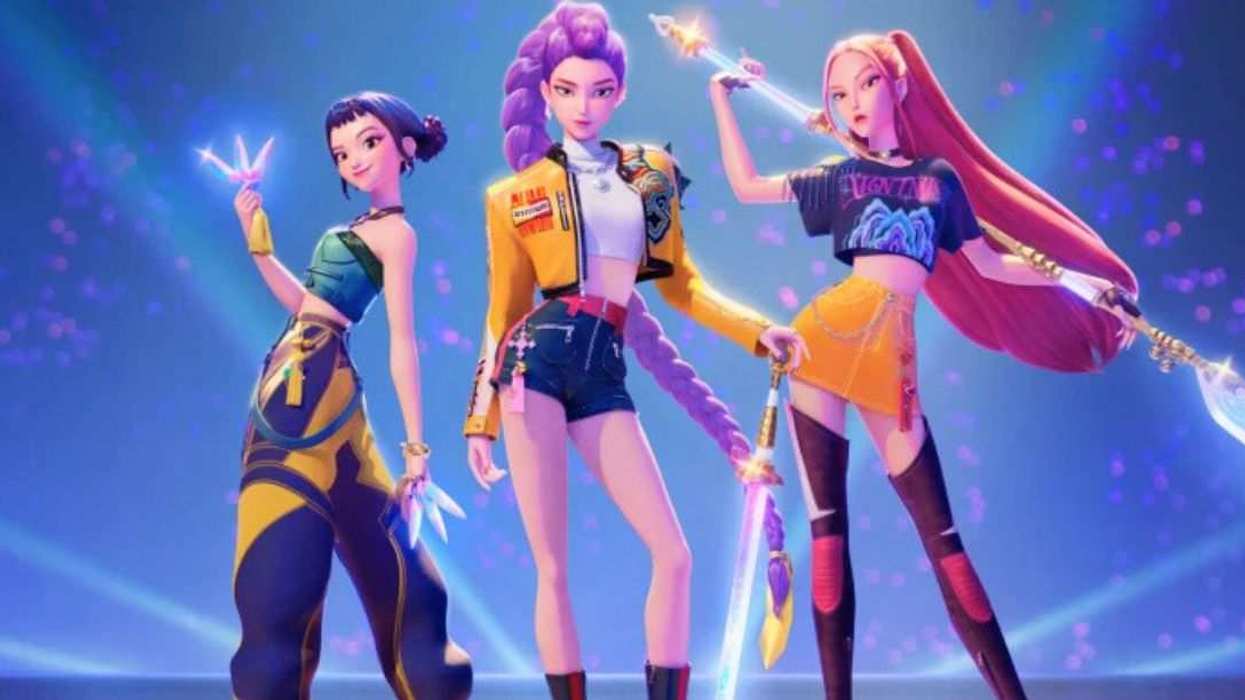

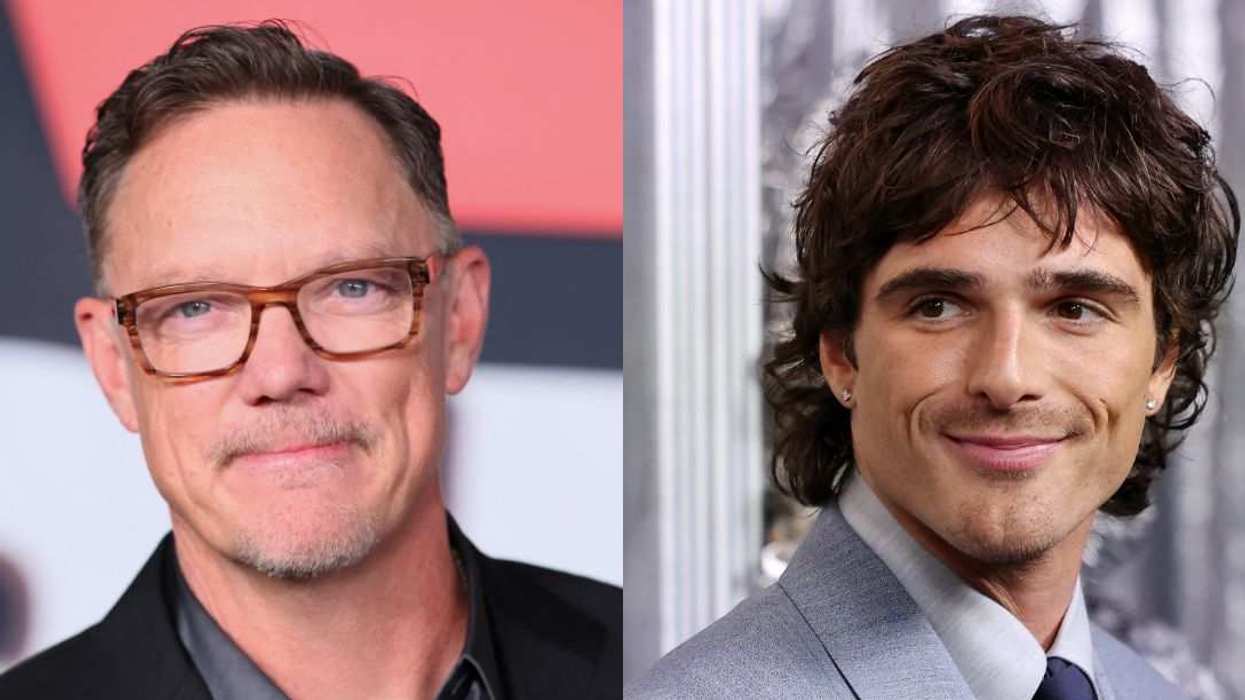






 Reset Era
Reset Era r/WorkReform/Reddit
r/WorkReform/Reddit r/WorkReform/Reddit
r/WorkReform/Reddit Reset Era
Reset Era Reset Era
Reset Era r/WorkReform/Reddit
r/WorkReform/Reddit Reset Era
Reset Era r/WorkReform/Reddit
r/WorkReform/Reddit Reset Era
Reset Era r/WorkReform/Reddit
r/WorkReform/Reddit Reset Era
Reset Era Reset Era
Reset Era r/WorkReform/Reddit
r/WorkReform/Reddit Reset Era
Reset Era r/WorkReform/Reddit
r/WorkReform/Reddit Reset Era
Reset Era r/WorkReform/Reddit
r/WorkReform/Reddit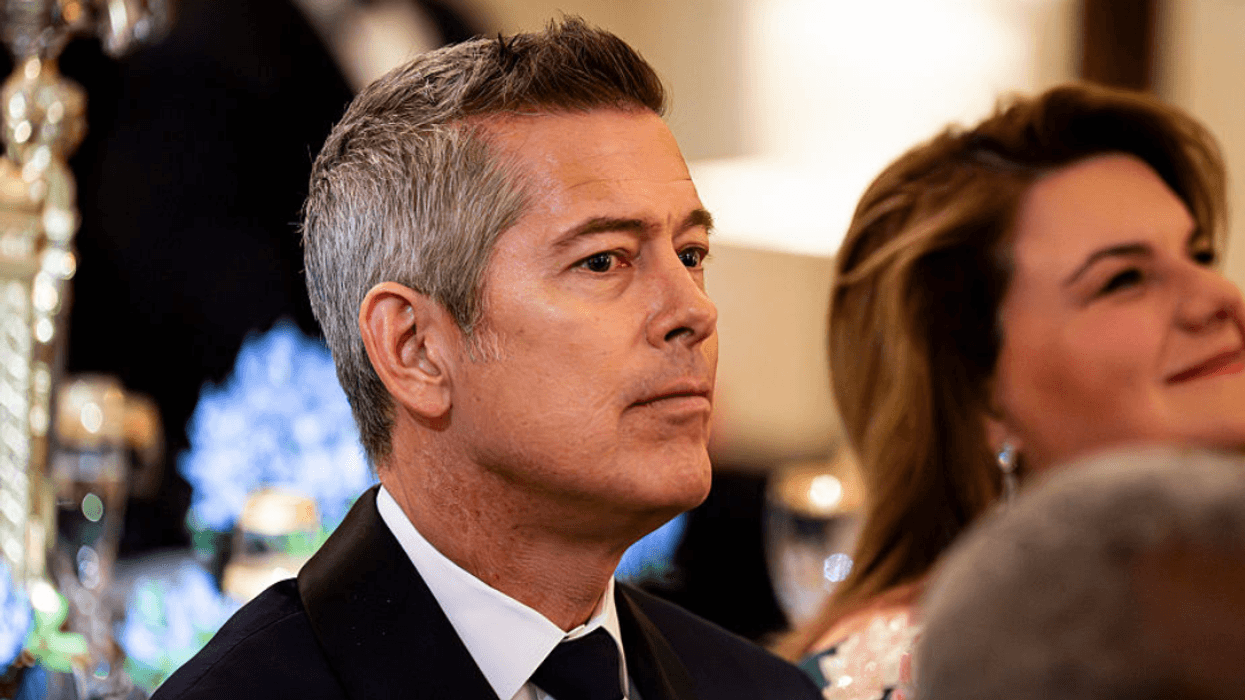
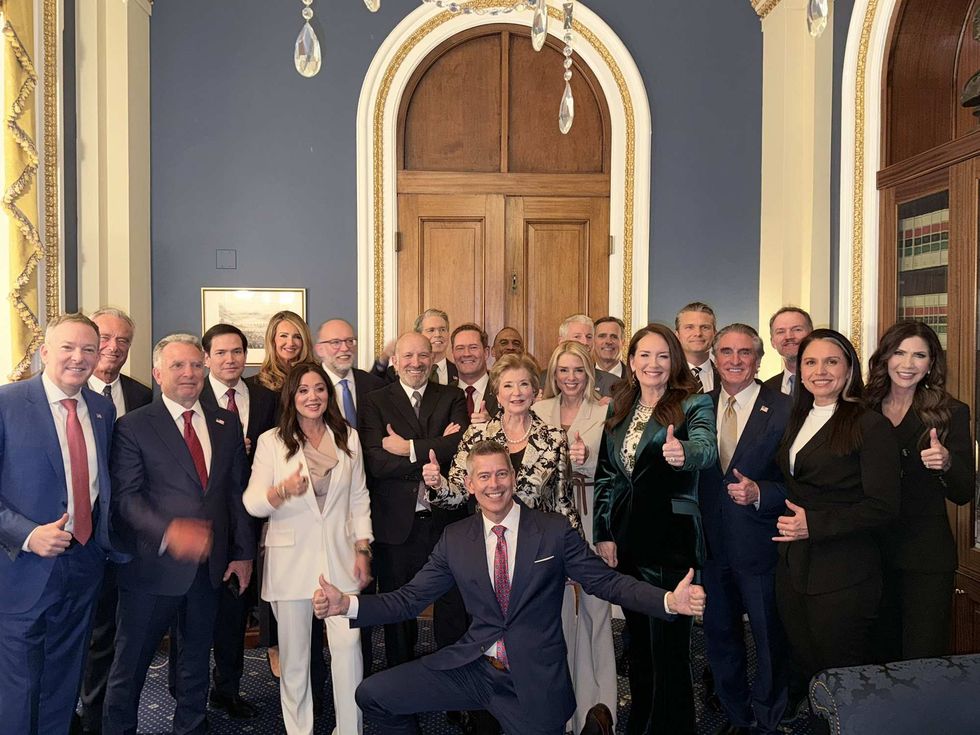 @SecDuffy/X
@SecDuffy/X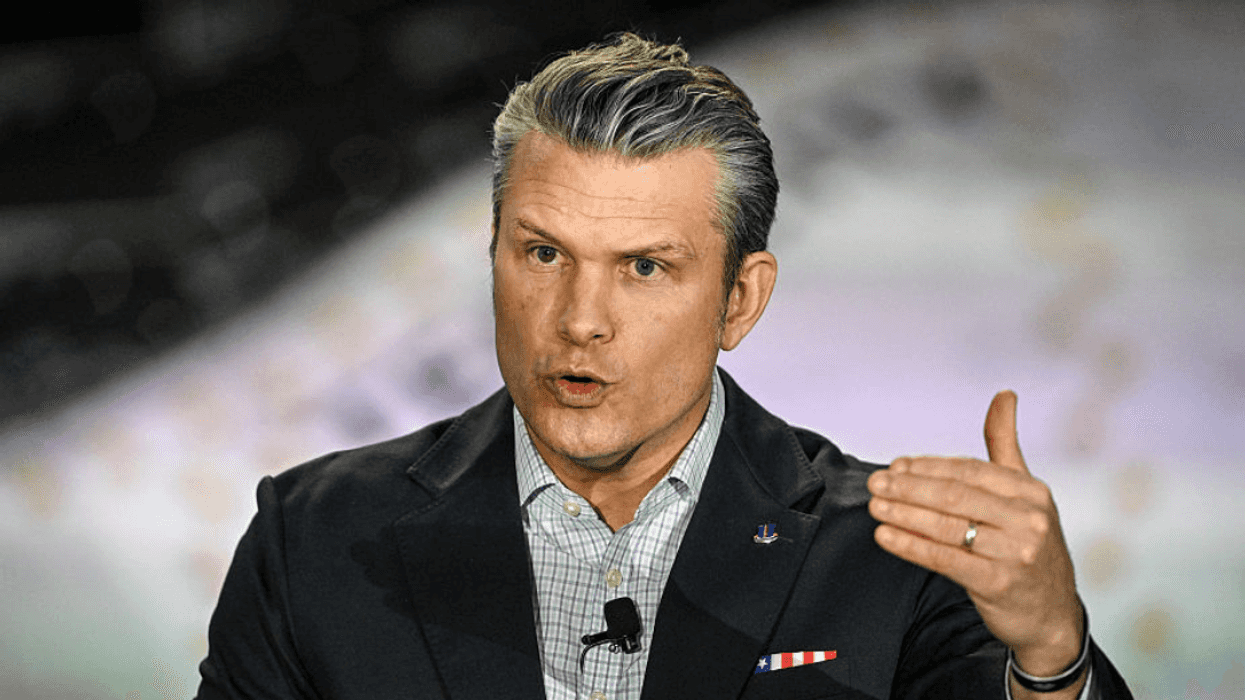

 @WhiteHouse/TikTok
@WhiteHouse/TikTok @WhiteHouse/TikTok
@WhiteHouse/TikTok @WhiteHouse/TikTok
@WhiteHouse/TikTok @kevdsmith/X
@kevdsmith/X